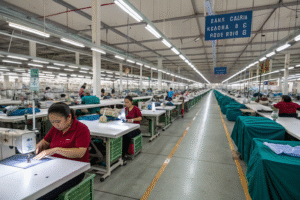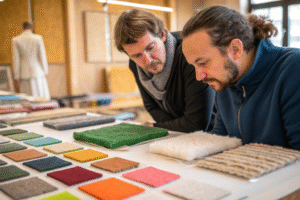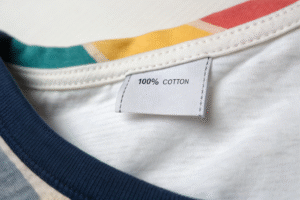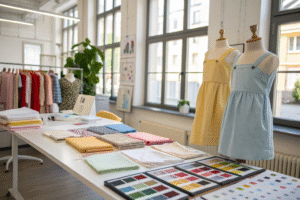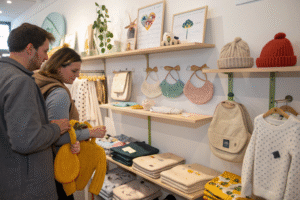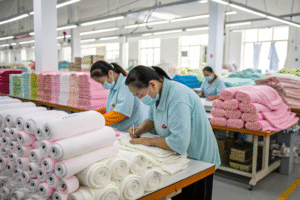In apparel manufacturing — especially for children’s clothing — a pre-production meeting (PPM) is a critical step that sets the tone for the entire production process. It’s where brand owners and manufacturers align on every detail before large-scale production begins.
As someone who works closely with international clients at our Shanghai Fumao factory, I’ve seen firsthand that skipping this step often leads to delays, costly errors, and disputes. A well-run PPM ensures both sides share the same vision, understand requirements, and are prepared to meet deadlines without compromising quality.
Aligning on Specifications and Requirements
A PPM is the best time to go over technical specifications in detail — from garment measurements to trims, fabrics, and closures.

Why is spec alignment so important?
If measurements, stitching styles, or fabric types are unclear, it can lead to inconsistencies in bulk production. Reviewing the tech pack together ensures everyone is working from the same reference.
What key details are discussed?
- Fabric quality and certifications (e.g., OEKO-TEX).
- Color approvals and Pantone references.
- Trim positioning, stitching, and seam types.
Preventing Costly Mistakes
Mistakes in production are expensive to fix, especially if they’re discovered late. A PPM gives both parties the chance to spot potential problems early.

How does a PPM reduce risks?
By physically reviewing pre-production samples, you can confirm sizing, fit, fabric performance, and finishing details before committing to mass production. This can prevent waste and customer complaints.
What issues are commonly caught?
Incorrect fabric weight, color mismatches, faulty zippers, or uneven stitching. Early detection means quick fixes without impacting delivery dates.
Clarifying Production Timelines
Time management is crucial in apparel manufacturing, especially for seasonal collections. A PPM ensures timelines are realistic and agreed upon by all stakeholders.

Why set timelines in a PPM?
Deadlines affect everything from raw material ordering to shipping schedules. Agreeing on them in advance avoids last-minute pressure.
What tools help manage timelines?
Many factories use Trello or ERP systems to track each stage — from cutting to sewing to packing.
Strengthening Communication and Relationships
A PPM is also about building trust. When both sides meet face-to-face (or virtually), it strengthens the partnership and ensures better communication during production.

How does this improve collaboration?
Clear communication during the PPM makes it easier to solve problems quickly later on. It also creates a professional record of decisions made.
Why is trust important in manufacturing?
Strong relationships lead to smoother negotiations, better flexibility during urgent changes, and a more cooperative approach to quality control.
Conclusion
A pre-production meeting is not just a formality — it’s an essential process that ensures your product vision is clearly understood and executed. By aligning on specifications, preventing mistakes, clarifying timelines, and improving communication, brands and manufacturers set themselves up for a smooth, successful production run.
If you want to work with a manufacturer who prioritizes clear communication and thorough PPMs, contact our Business Director Elaine at elaine@fumaoclothing.com. At Shanghai Fumao, we treat every pre-production meeting as a foundation for building long-term, successful partnerships.


